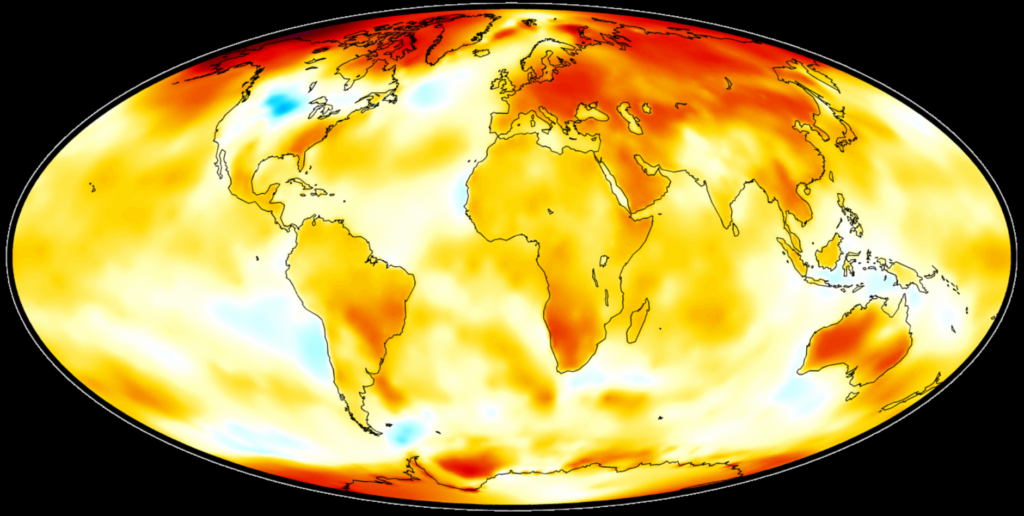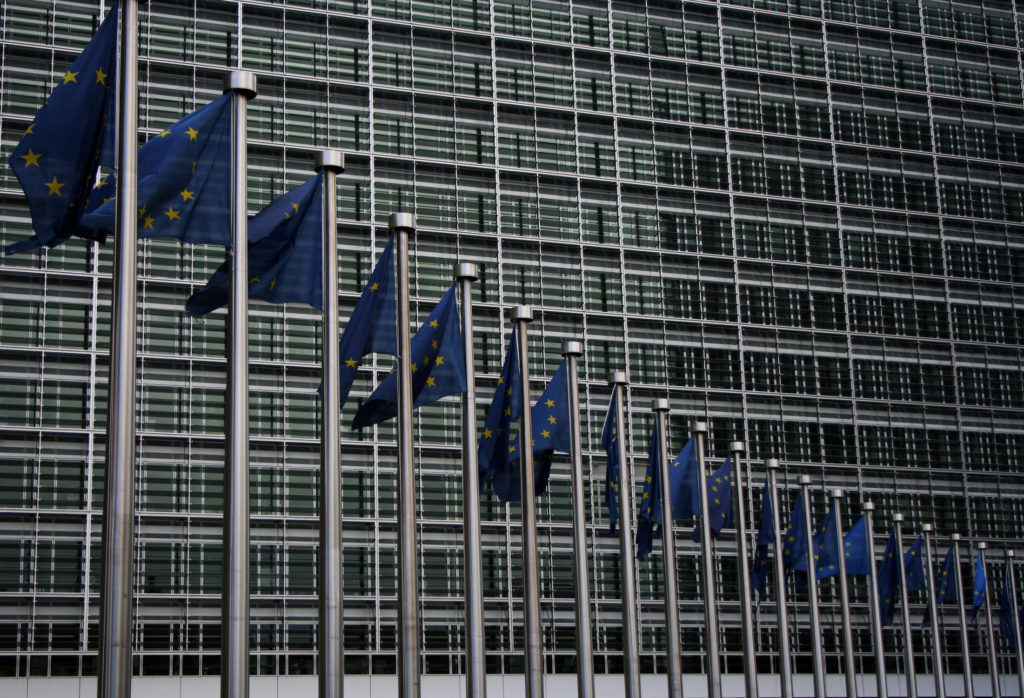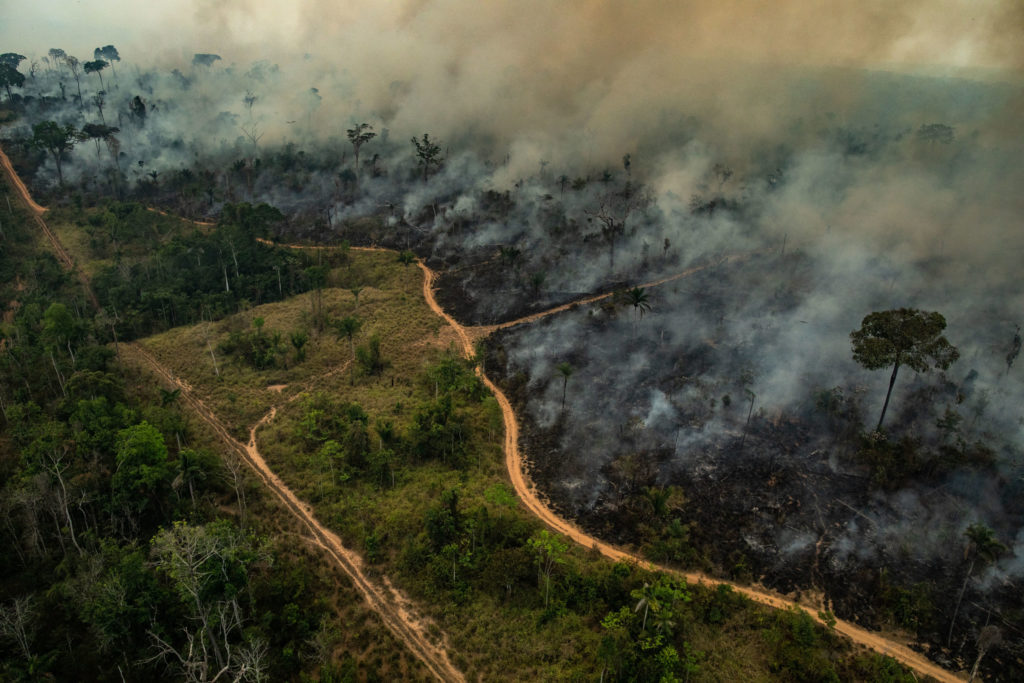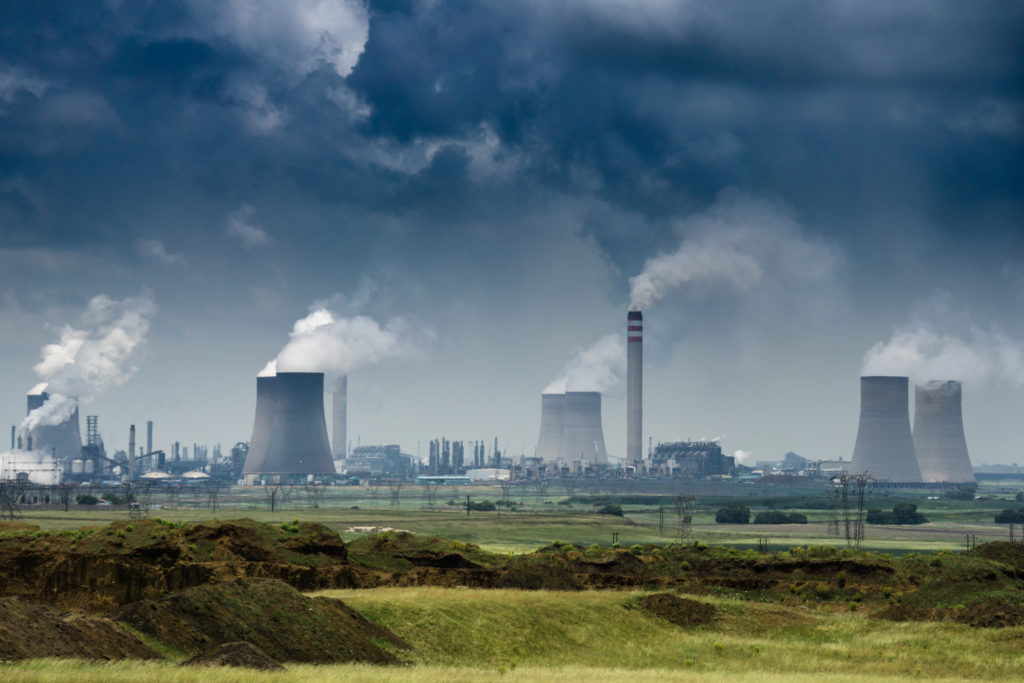
The Most Engaging Climate Change Papers of 2019
Applying altmetrics to climate change papers reveals that they are amongst the most engaging research articles of 2019. Papers on the climate emergency, rising sea

Applying altmetrics to climate change papers reveals that they are amongst the most engaging research articles of 2019. Papers on the climate emergency, rising sea

The circular economy is all about replacing the current “linear” model of growth and reducing the strain on planet Earth’s limited resources. Currently, the global economy is only 9% circular – just 9% of the 92.8 billion tonnes of minerals, fossil fuels, metals and biomass that enter the economy are re-used annually. However, as policymakers and businesses start embracing the circular model they need science and research to provide fact based knowledge that can dictate policy and direct businesses towards effective strategies and away from pointless “greenwashing”.

It sounds like a refrain we are quite used to, as it has been happening for 40 years: the last decade was not only hotter than the previous one but also the hottest on record. And it looks as if things are not going to change in the immediate future. However, some clues show that the last decade’s legacy can act as a springboard for the change we need in the next one.

The World Economic Forum’s annual Global Risks Report brings together around 800 experts in business, government and civil society to create a summary of what “the world’s most pressing challenges” for the coming year by likelihood and impact will be. Unsurprisingly, climate-related issues featured in all of the top long-term risks. However, the report also revealed how different global actors perceive these risks and, alarmingly, business leaders are lagging behind other respondents. A finding that was emphasized by the Annual CEO Survey that revealed just how far behind business leaders are in their concern for climate risks.

Providing universal energy access by 2030 is one of the UN defined Sustainable Development Goals. It will require doubling current investments in the energy sector, with a significant focus on sub-Saharan Africa. Fortunately, there is a new protagonist under the spotlight, bringing a more resilient and cost-effective solution to electrification. Forget the “bigger is better” mentality, the future is small, interactive, and decentralized.

From energy consumers to energy prosumers: homes, commercial buildings, and industrial facilities worldwide are being covered with solar photovoltaic panels. Opportunities and challenges of a transformation that is changing the world and shaping the immediate future, as described in the latest International Energy Agency forecast analysis.

“Moving first and moving fast” to make Europe the first climate-neutral continent by 2050: ambitious objectives and an investment plan that will activate over one trillion in new capital flows as well as generating jobs. Not to mention a new Climate Law that has the potential to become the most innovative legal regime in the history of environmental legislation. The European Green Deal illustrated in detail.

Australia is experiencing the worst wildfires seen in decades, as drought and heatwaves fan the flames. In the summer and Autumn of 2019, a significant increase in wildfires brought the Amazon close to a tipping point with global ramifications. Some of these fires were caused by man as land is cleared to make way for agribusiness, logging, mining and other “development” projects. While climate change is exacerbating bushfire intensity and damages, experts and policymakers are calling for strong measures to save what is one of the planet’s main carbon sinks and a vital natural climate solution.

Nature provides key benefits for resilience and can be the foundation for sustainability. It cleans the air and water, it provides food, beauty and serenity for people. The “green” realm provides immense benefits to societies, cities, and their citizens. Perspectives and solutions for creating cities that are resilient, sustainable, liveable and just for everyone.

Sustainable agriculture, adaptation plans and creativity are all needed to drive a high quality productive sector that considers scientific knowledge on climate change and sustainability. Italy can play an important role in a global context where, among others, food, eating habits, sustainable land use and the dialogue between science and society are crucial elements.

“It’s not about avoiding the risks. It’s about taking a fantastic opportunity.” Let’s see the bigger picture and seize the moment: costs, assessments, and solutions

The idea of mitigating climate change by removing carbon from the air is nothing new. It has been present on the desks of academics, businessmen and policymakers for over twenty years, taking a central role in climate change prediction models and leading to intense debates on its feasibility and potential for scale up so as to avoid catastrophic climate change. A new study published in the Energy and Environmental Science journal outlines a new ground-breaking technology that may be able to overcome some of the criticisms levelled at direct air capture for carbon storage technologies.